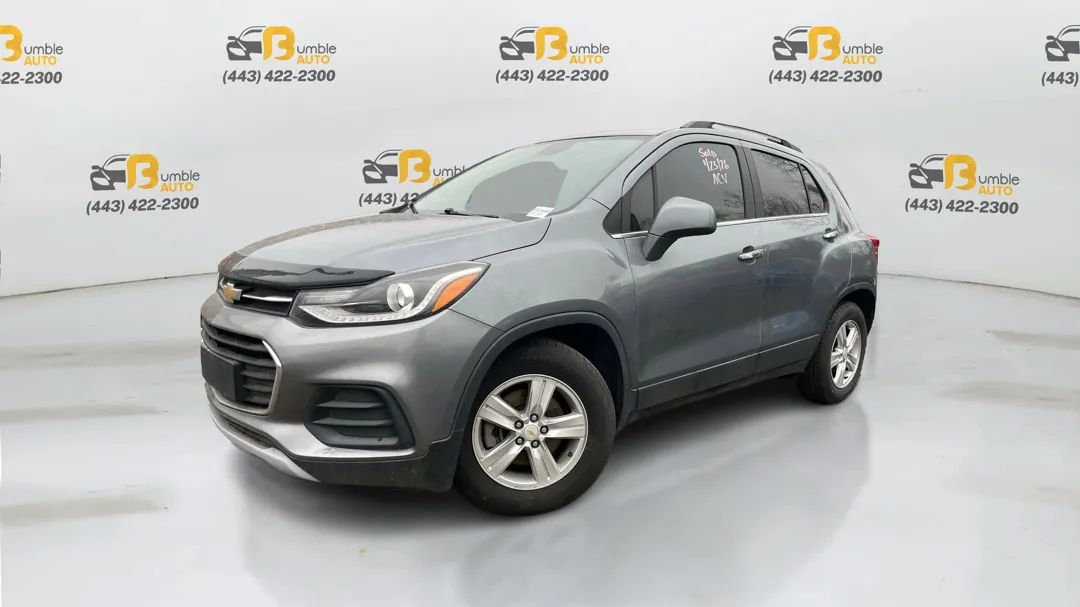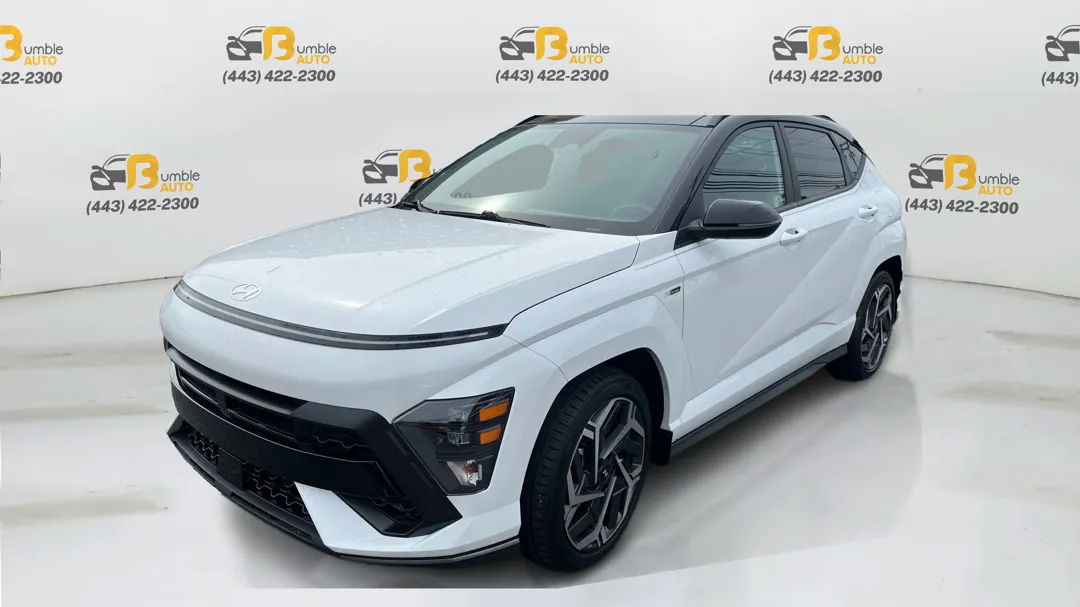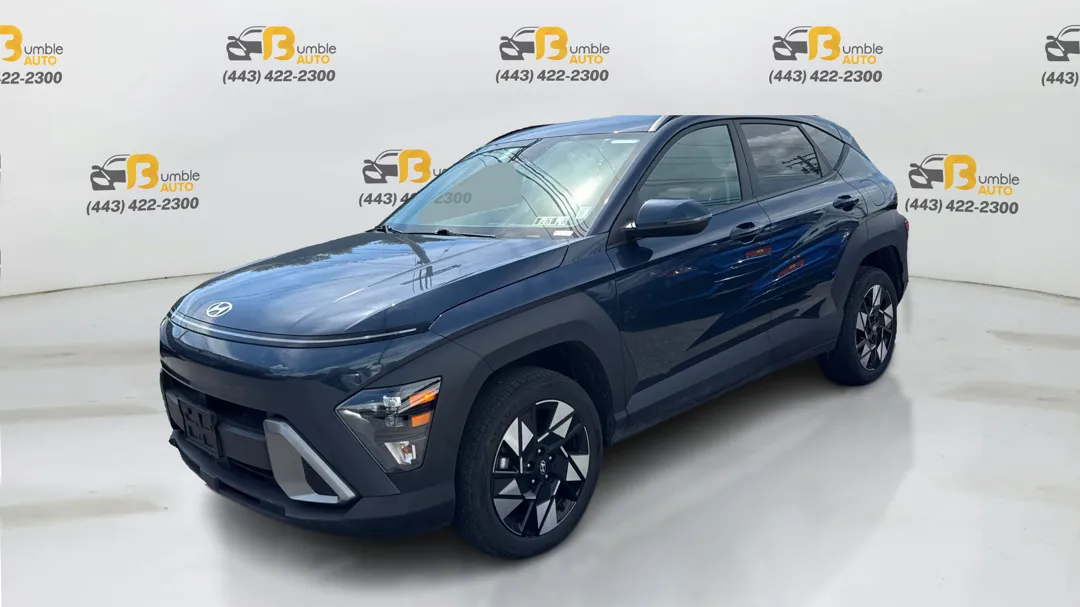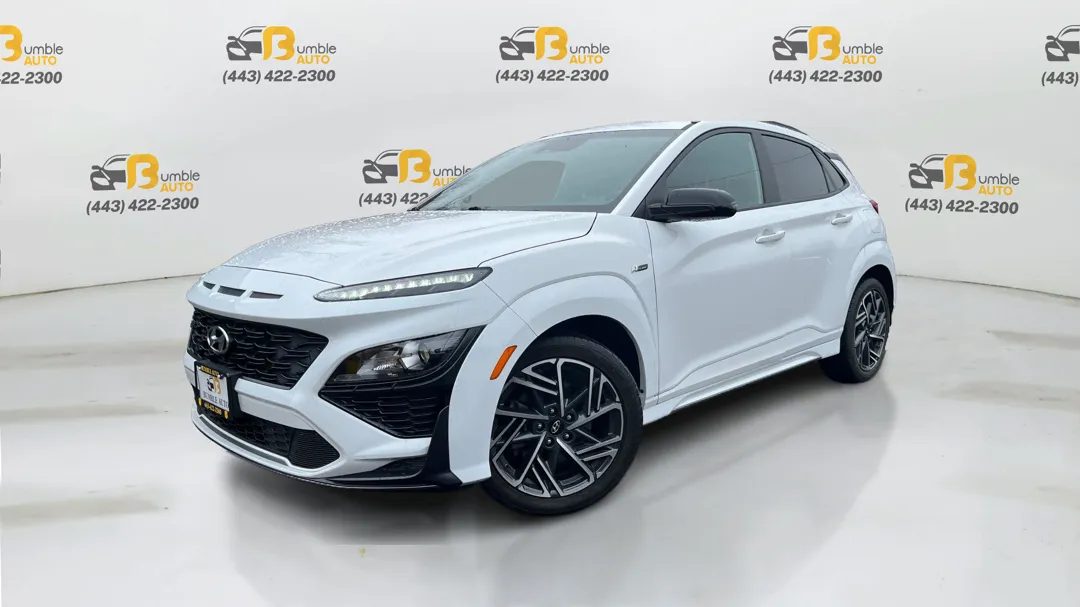10 Essential Tips for a Successful Used Car Purchase
Table of Contents
- 10 Essential Tips for a Successful Used Car Purchase
- 1. The Importance of a Thorough Research
- 2. Setting a Budget for Your Used Car Purchase
- 3. Determining Your Needs and Preferences
- 4. Inspecting the Car's Condition
- 5. Test Driving the Car
- 6. Checking the Vehicle History Report
- 7. Negotiating the Price
- 8. Getting a Pre-Purchase Inspection
- 9. Understanding the Paperwork and Legalities
- 10. Finalizing the Purchase and Taking Ownership
- Conclusion
10 Essential Tips for a Successful Used Car Purchase

Are you in the market for a used car but feeling overwhelmed by the process? Don't worry, we've got you covered. In this article, we will provide you with 10 essential tips for a successful used car purchase. Whether you're a first-time buyer or a seasoned pro, these tips will help you navigate the tricky waters of purchasing a pre-owned vehicle.
From doing thorough research to understanding the importance of a thorough inspection, we will guide you every step of the way. We will also delve into the importance of setting a budget, checking the vehicle history report, and taking the car for a test drive. With these tips in your arsenal, you can be confident in making a well-informed decision and getting the best deal possible.
So, if you're ready to embark on your used car buying journey, let's dive right in and discover how you can make a successful purchase that suits your needs and budget. Don't let the process intimidate you – with the right knowledge, you'll be behind the wheel of your dream car in no time.
1. The Importance of a Thorough Research

Before diving into the used car market, it's crucial to do your homework. Research is key to finding the right car that fits your needs and budget. Start by determining the make and model that you're interested in. Consider factors such as reliability, fuel efficiency, and maintenance costs. Reading reviews and checking online forums can provide valuable insights from other owners.
Next, research the average market price for the car you're interested in. This will give you an idea of what to expect when negotiating with sellers. Websites like Kelley Blue Book and Edmunds can provide accurate pricing information based on the car's make, model, year, and condition.
Lastly, research reputable dealerships and private sellers in your area. Look for customer reviews and ratings to ensure you're dealing with trustworthy individuals. Don't hesitate to ask friends and family for recommendations as well. Doing your research upfront will save you time and money in the long run.
When you're in the market for a new vehicle, knowing what to ask when buying a car is crucial. Questions about the car's history, mileage, and maintenance can unveil essential insights, ensuring you make an informed decision.
2. Setting a Budget for Your Used Car Purchase

One of the most important aspects of buying a used car is setting a budget. Determine how much you can comfortably afford to spend without putting a strain on your finances. Consider your monthly income, expenses, and any additional costs associated with owning a car, such as insurance and maintenance.
Once you have a budget in mind, stick to it. It's easy to get carried away when you see a car that seems perfect but is outside your price range. Remember, there are plenty of options available within your budget that will meet your needs. Don't compromise your financial stability for a flashy car that you can't afford.
Navigating the pre-owned car market can be tricky, but with the right strategies, you can find a gem. These tips to get best deal on used cars include researching, comparing prices, and negotiating effectively.
3. Determining Your Needs and Preferences

When buying a used car, it's important to consider your specific needs and preferences. Ask yourself questions like:
- How many passengers will the car need to accommodate?
- Do you need ample cargo space?
- Are you looking for a fuel-efficient car?
- Do you have a preference for a specific make or model?
- What safety features are important to you?
Understanding your needs and preferences will help narrow down your options and make the buying process easier. It will also prevent you from being swayed by unnecessary features or accessories that may drive up the price.
4. Inspecting the Car's Condition

Once you've identified a potential car, it's time to inspect its condition thoroughly. If you're not confident in your own ability to assess the car's mechanical and structural condition, consider hiring a professional mechanic to do a pre-purchase inspection. They will provide you with an unbiased assessment of the car's overall condition, including any potential issues or hidden problems.
During the inspection, pay close attention to the car's exterior and interior. Look for signs of rust, dents, or mismatched paint, as these may indicate previous accidents or poor maintenance. Inside the car, inspect the seats, dashboard, and controls for any signs of wear and tear. Don't forget to check the trunk or cargo area for any signs of water damage or unusual smells.
5. Test Driving the Car

A crucial step in the used car buying process is taking the car for a test drive. This will give you a firsthand experience of how the car performs on the road. Pay attention to the engine's responsiveness, brakes, steering, and suspension. Listen for any unusual noises that may indicate mechanical issues. Test the car's acceleration and braking capabilities to ensure they meet your expectations.
During the test drive, take the car on different types of roads, including highways and city streets. This will give you a better understanding of how the car handles in different driving conditions. Don't rush the test drive - take your time to thoroughly evaluate the car's performance and comfort.
A test drive is more than just a ride; it's an opportunity to assess a car's performance, handling, and comfort. With these tips for better test drive, you can evaluate every aspect, ensuring the vehicle meets your expectations.
6. Checking the Vehicle History Report

Before finalizing the purchase, always check the vehicle history report. This report provides valuable information about the car's past, including any accidents, title issues, or odometer discrepancies. It will also indicate if the car has been previously salvaged or used as a rental vehicle.
Obtaining a vehicle history report is relatively easy. Websites like Carfax and AutoCheck provide comprehensive reports for a small fee. Simply enter the car's vehicle identification number (VIN), and the report will be generated for you. Review the report carefully and contact the seller if you have any questions or concerns about the car's history.
In Maryland, ensuring your vehicle is up to standard is crucial. The Maryland auto inspection guide provides a comprehensive checklist to assess a car's safety and performance, ensuring it adheres to the state's regulations.
7. Negotiating the Price

Negotiating the price is an essential part of the used car buying process. Armed with the knowledge you gained from your research, you'll be able to negotiate confidently. Start by offering a price slightly lower than the seller's asking price, but be prepared to compromise. Remember, the goal is to reach a fair price that both you and the seller are comfortable with.
When negotiating, highlight any issues or concerns you identified during the inspection or test drive. This will give you leverage to negotiate a lower price or request repairs before finalizing the purchase. If the seller is unwilling to negotiate, be prepared to walk away. There are plenty of other cars available on the market, and you don't want to settle for a deal that doesn't meet your expectations.
Auctions can be a goldmine for finding affordable vehicles. Mastering in auction's auto purchase involves understanding the auction process, being aware of the car's condition, and bidding smartly to secure the best deals.
8. Getting a Pre-Purchase Inspection

While you may have done a thorough inspection yourself or hired a mechanic, it's still a good idea to get a pre-purchase inspection. This is especially important if the car you're interested in is older or has a higher mileage. A pre-purchase inspection will provide you with an in-depth analysis of the car's mechanical components, ensuring there are no hidden issues.
During the inspection, the mechanic will check the engine, transmission, brakes, suspension, and other vital components. They will also evaluate the car's electrical system and diagnostic codes to ensure everything is in working order. If any issues are identified, you can use these findings to negotiate a lower price or request repairs from the seller.
9. Understanding the Paperwork and Legalities

Before finalizing the purchase, it's essential to understand the paperwork and legalities involved. Make sure you have a clear understanding of the car's title, registration, and insurance requirements. If purchasing from a private seller, ensure they have the necessary documents to transfer ownership legally.
Review all the paperwork carefully, paying special attention to any warranties or guarantees provided by the seller. If you're unsure about any terms or conditions, don't hesitate to seek legal advice or ask for clarification from the seller. It's crucial to be well-informed and protect yourself from any potential legal or financial issues down the road.
10. Finalizing the Purchase and Taking Ownership

Once you've negotiated the price, completed the necessary paperwork, and had the car inspected, it's time to finalize the purchase and take ownership. Ensure that all the paperwork is correctly filled out and signed. Transfer the title into your name and update the registration and insurance information. Finally, don't forget to obtain the keys and any additional items that come with the car, such as owner's manuals or spare keys. Congratulations, you're now the proud owner of a used car!
Conclusion
In conclusion, purchasing a used car can be an exciting and rewarding experience if approached with the right knowledge and preparation. By following these 10 essential tips, you can confidently navigate the process and make a successful purchase that suits your needs and budget. Remember to do thorough research, set a budget, inspect the car, test drive it, check the vehicle history report, negotiate the price, get a pre-purchase inspection, understand the paperwork and legalities, and finally, take ownership. With these tips in your arsenal, you'll be well-equipped to find the perfect used car and hit the road with confidence.
Looking for quality pre-owned vehicles? Bumble auto used cars for sale offers a diverse inventory, ensuring you find a car that suits your needs, preferences, and budget, all while guaranteeing quality and reliability.








